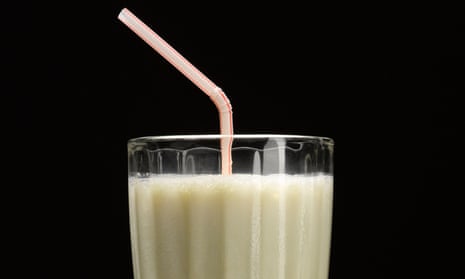I remember the dawning of my green consciousness: the sudden, painful realisation that products were tested on animals. This was in the early 1970s. I was about 10 years old. A teacher told me that baby powder was put into the eyes of cats and dogs to make sure it was safe. She also said that the plastic container would pollute the Earth.
A few years later, as punk sensibility captured my naturally rebellious heart, I immersed myself in the ecological fight. I joined Greenpeace. I wrote letters – even to the pope on his visit to Britain – arguing against the clubbing of baby seals in Canada. This passion has never left me.
Throw into the mix that I’ve been disabled since the age of 14, however, and environmentalism can start to get tricky. Over the years, I’ve had to learn that being green does not always sit comfortably with my access needs.
Take the plastic straw debate, and the warning that baby wipes cause fatbergs. Along with many disabled people, I need both. Not as a lifestyle choice. Not as a luxury. I need straws that bend, ones that can handle all drinks, including medication, and all temperatures. I need straws that aren’t too fat, that won’t cause me to choke or be difficult for me to keep in my mouth.
This is why the news that Seattle has become the first major US city to ban the use of plastic straws causes me some conflict, as do reports that Theresa May wants to ban them in the UK. I’ve heard through my networks that straws may become “a special medical item” for disabled people. Let me tell you, disabled people are fed up with being “fucking special” (the title of a poem of mine) and, if the rumours are true, will no doubt be forced to go through more repulsive assessments to qualify for a straw.
I’ve been in this ecological battle for longer than many newcomers have been alive. I get uncomfortable and angry when I see non-disabled people behave as though they know the answer to this dilemma in exchanges that can get heated, if not abusive. Why do we need plastic straws? Won’t paper ones do? What about bamboo? Or glass? Metal? These questions are not easy to answer. Paper straws generally don’t do well in hot liquids and I’ve yet to find decent flexible ones. This is important to get the angle right for safe drinking, when you can’t hold a cup or even if another person holds it for you. Metal ones are often fat, better used for smoothies and not good if you have a biting issue. I tried silicone straws, which were too soft and fat to be reliably useful.
As for disposable wipes, the issue here is mostly cost. Many biodegradable versions are available, but some of the best eco options can cost as much as £4.99, with an equivalent non-biodegradable set 79p. Hard-up parents, disabled people and those on benefits may be forced to choose the cheaper option. I know I certainly have done over the years.
The irritating thing is that somehow disabled people are tainted as not caring about environmental issues. The truth, in my experience, is that many actually care more. Perhaps it’s because those of us who need these things navigate multiple obstacles and negative attitudes on a daily basis, and find ourselves forced to think about things differently. Then there are the health factors. I don’t actually want to use harmful chemicals in the interests of my personal care. Neither do I want the same products and chemicals to destroy marine life – and I was involved in the first wave of the drift-net fishing protests back in the 1980s, I’ll have you know. Even if I were to be a lone voice within a large and contrary disability community that didn’t care about ecological issues, I would guess that our use of these products is vastly outweighed by those using them as part of a couldn’t-care-less attitude, or because they are simply there.
Disabled people don’t want to have to put their own care above the environment – but it seems no one is considering the impact of future legislative changes on our wellbeing. If there’s going to be a ban, let governments and manufacturers come up with decent, affordable, green alternatives for us all.
